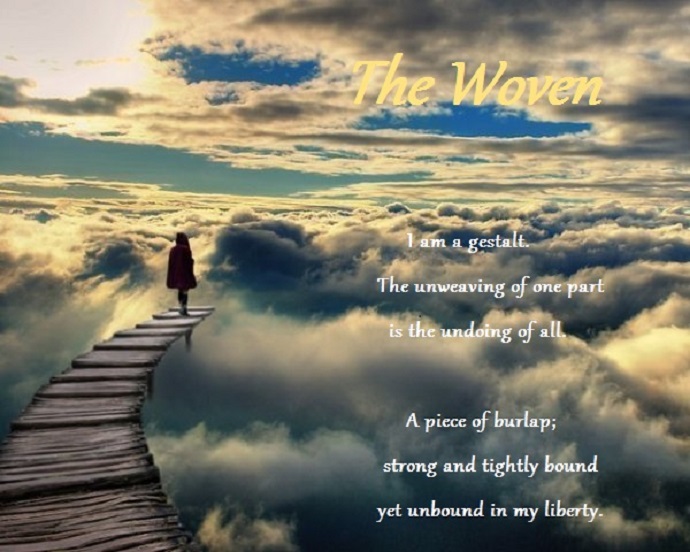As both a Jew and a rabbi the week before Passover is for me one of the most painful times of the Jewish liturgical year. While my friends are cleaning their homes of chumetz, the foodstuffs and products forbidden to Jews during Passover, and preparing for their Passover Seders commemorating our people's exodus from Egypt, I find myself agonizing over the terrible misfortune this week held for the ancient Egyptians.
This past Wednesday at sundown, the anniversary night before our exodus from slavery, Jews all over the world gathered to celebrate our god and good fortune. Yet that very night is the anniversary of a horrifying mass murder as well. That night our god slaughtered thousands upon thousands of innocent first-born Egyptians boys and men to make a point: that Yahweh alone is God (Exodus 7:2-5). As the Ten Plagues are read during the Seder Jews diminish the wine in their cups so as to take no joy in Egyptian suffering, but this is an insufficient gesture in the face of the needless horrors inflicted upon the ancient Egyptians.
The plagues in general and the tenth plague in particular are examples of collective punishment unparalleled until the time of Hiroshima and Nagasaki (the Holocaust was not punishment but genocide). It was Pharaoh, not the Egyptian people who enslaved the Hebrews. It was Pharaoh, not the Egyptian people, who ordered the death of the newborn Hebrew boys. The murder of the first-born sons of Egypt, the innocent along with the guilty, is not an act of justice, but of madness perpetrated by a god whose thirst for blood, both human and animal, seems endless. Is this the god I race out of Egypt to follow?
Those of you who are Christians may imagine you have escaped the clutches of this brutal god, following instead the Prince of Peace who made love his creed (Matthew22: 37-39), and the hallmark of his followers (John 13:34-35). But who is the god behind Good Friday? Is it not the same god whose thirst for blood can only be slaked by the murder of his Son? Isn't this what Jesus' death ransoms us from: a god who demands blood, whether it is the blood of Jesus or of all humanity? Isn't Jesus' death supposed to ransom us from eternal damnation? And even if it does, the god who creates such insanity remains unchallenged. While the Easter resurrection may prove the truth of the Son, it does nothing to change the nature of the Father who sent him. Indeed, the very notion that failure to accept Jesus as one's Lord and Savior results in eternal damnation makes plain to anyone with the eyes to see and the ears to hear that the god of the Passover is unrepentant and unchanged, and that his followers, by whatever name, are still trapped in a system of unsurpassed brutality.
Why? Because the gods we worship have nothing to do with God, and everything to do with us. We create god in our image. The god we create is the god we desire, and the god who sanctions our desires. And what we desire above all else is to impose our will on the world that we might grasp what we want when we want it. We create a murderous god along with a way to shield ourselves from being murdered even as we stand idle while the murder of "the other" is done in our name and by our hands washed clean by our god who revels in it.
I am ashamed of the silence of Moses in the face of Egyptian horror. I am ashamed of the willingness of Jesus to be the Lamb of God, to die for us rather than challenge the cult of death his Father relishes.
What we need today is not another Moses leading his people to freedom over the corpses of their neighbors. What we need is not another Jesus who submits his will to god's will and takes his place upon the cross (Matthew 26:39). What we need today is the Abraham who dared to confront God's madness and injustice, insisting that the Judge of all the world act justly (Genesis 18:25). What we need is the indignation of the Hebrew prophets whose God has no need of blood and death, and desires only justice, compassion, and humility (Micah 6:8). But we will not get what we need; we will only get what we are. And what we are is a species enslaved to enslaving others whether in this world or the next.
My prayer for this Passover Week and Easter Sunday is not one of praise and thanksgiving, worshipping the god of my own insanity. My prayer is this: "May steadfast love and faithfulness meet, may righteousness and peace kiss" (Psalm 85:10), and may humanity be free of gods that we might at last hear the call to justice and compassion for all life that is the hallmark of the true God.
Plagued by Passover was written for Passover and Easter by Rabbi Rami Shapiro.
Rabbi Rami is widely recognized as one of the most creative figures in contemporary American Judaism. A graduate of the Hebrew Union College-Jewish Institute of Religion, he also holds a Ph.D. in Religious Studies from Union Graduate School. An award-winning poet, liturgist, and essayist, his prayers are included in worship services across the denominational spectrum of American congregations.
